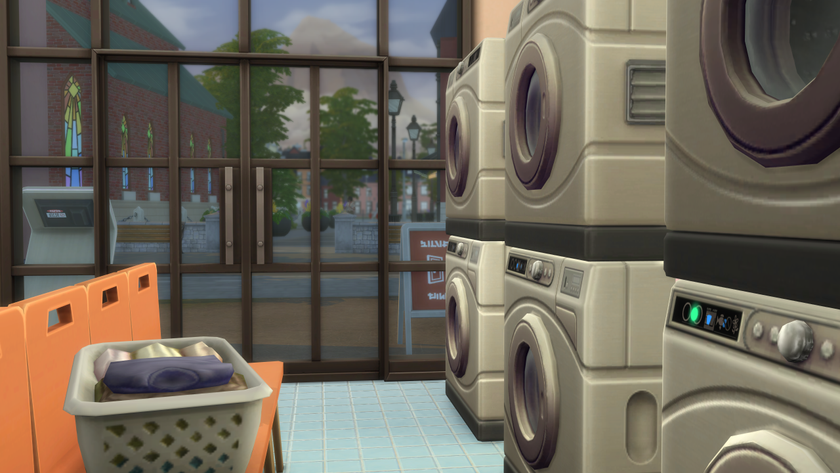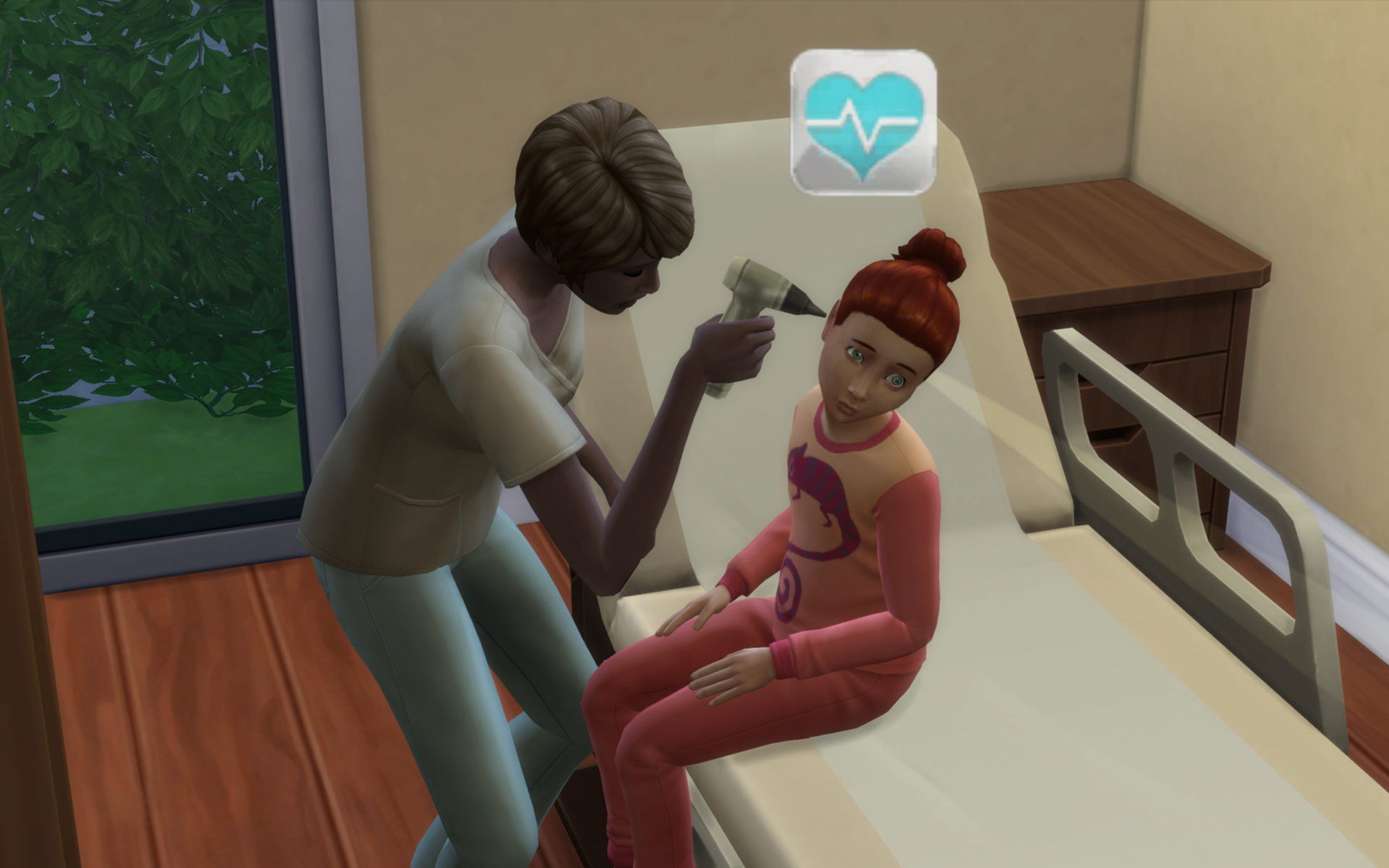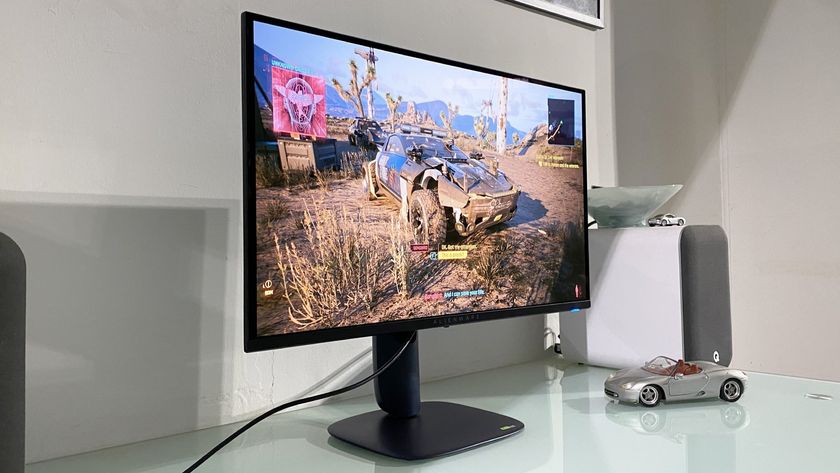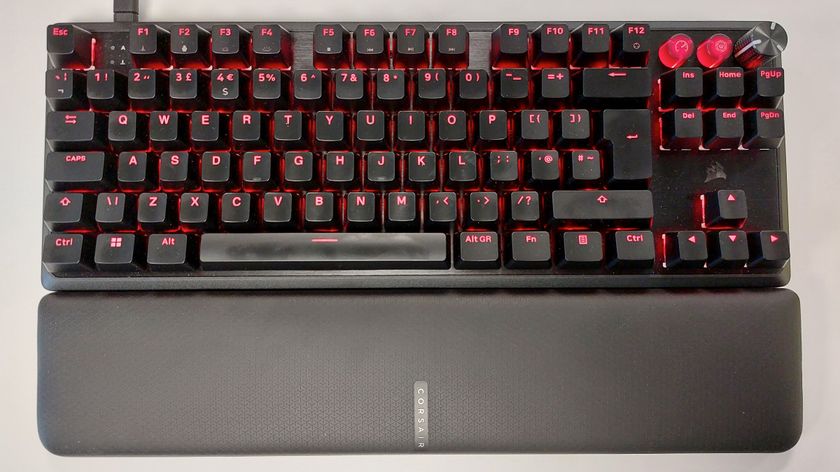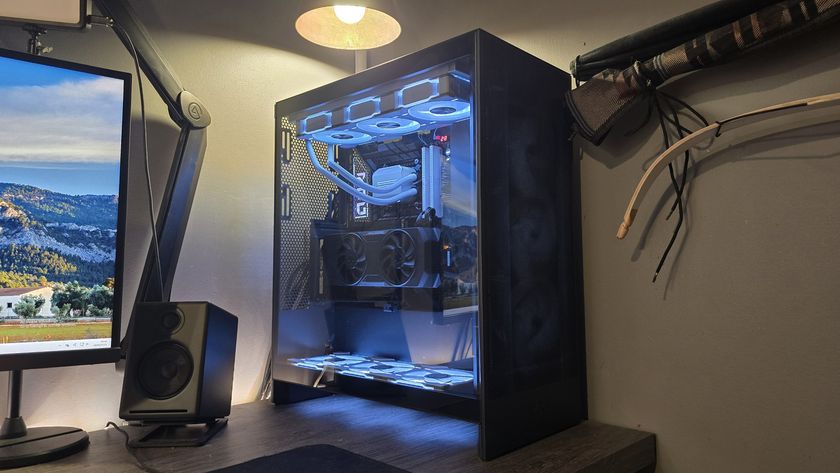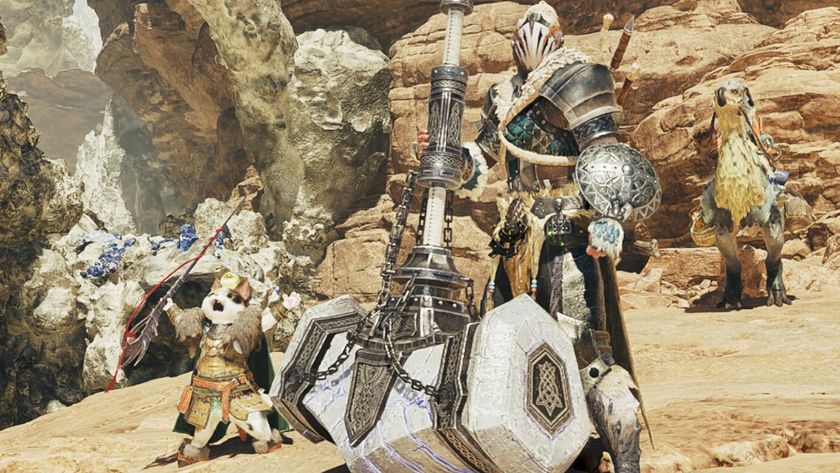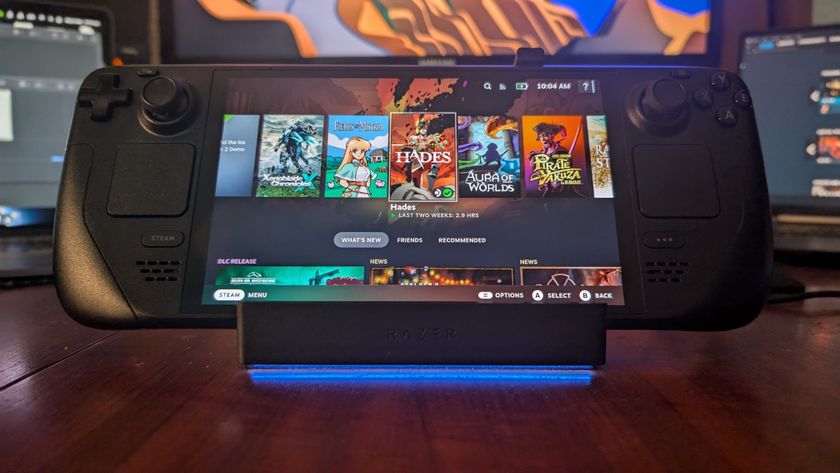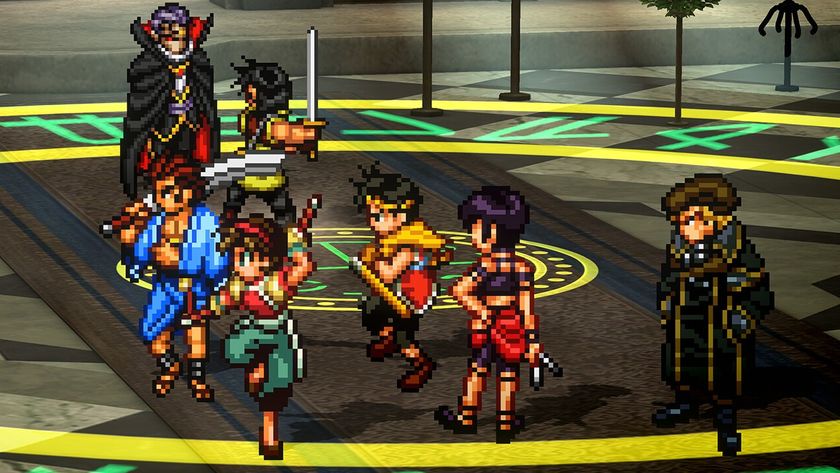Our Verdict
Each new career is entertaining in its own way, but you probably wont want to play through them more than once.
PC Gamer's got your back
What is it?
The first full expansion pack for The Sims 4.
Influenced by The Sims 3: Ambitions, The Sims 2: Open for Business
Reviewed on i7 960 @ 3.61GHz, 6GB RAM, HD 4870 X2
Alternatively The Sims 3: Ambitions
Copy protection Origin
Price £30 / $50
Release Out now
Publisher Electronic Arts
Developer The Sims Studio
Link Official site
Multiplayer No.
When Kristie’s wife started disappearing every few nights, she could have accused her of cheating. She chose instead to believe Riley’s story that she was being regularly abducted by aliens and subjected to tests, and made it her life’s ambition to travel to their planet and find out why.
Sadly, after I spent literally an entire working day helping her, Kristie was only able to reach level 7 of the new scientist career before dying the day after her tormented wife, her only goal unfulfilled.
My experience with The Sims 4: Get to Work has been similar to actual working life, characterised by unobtainable goals and missed opportunities.
The new “active careers” aren’t difficult—in The Sims 4, even rocket science is trivial—but, as in real life, they demand time and energy. Before this expansion, time Sims spent at work was a break for the player. Now, time at home is spent on little more than recovery.
Travel to the new work venues with your Sims and you’re met with a to-do list and progress bar, the latter of which indicates when you’ll get a boost to job performance. There are usually a handful of actions available, but I normally went for the quickest or easiest task each time, which—again—is reflective of my real-life working experience.

New actions become available as your Sims climb the career ladder, and increased experience and responsibility are characterised well. Riley spent her first day as a medical intern chatting to coworkers, drinking coffee, and delivering meals to patients. As Kristie became the big name around the science lab she took to ordering coworkers to tend to the garden her to-do list had neglected.
Essentially, however, actions are meaningless. They’re well animated and initially entertaining, but they soon start to feel rote and disconnected from the fantasy.
The detective is the best example. It seems like the most involved career, as you travel to crime scenes and patrol the streets, but there’s no narrative to tie each case together. Ask for a witness statement and you’ll get no more than “Gavin provided an account of what they saw”. Evidence is unrelated junk—some graffiti, a shoe—that can be used on any case. Most interesting is tracking down suspects based on descriptions, but there’s no challenge: apply enough evidence to the case map and you’ll ensure a match.
More realistic is the retail side of this expansion. Customers enter your shop with a “just window shopping” status, but as you chat to them they become more “receptive to sales pitch” and will then wander over to an item for sale and wait impatiently for you to take their money. If you’ve never worked in retail, take it from me: this is pretty much exactly how it went down when I worked at a game shop.
Actions are meaningless. They’re well animated, but soon start to feel rote.
Retail is supposed to be where the new photography and baking skills tie in, especially because they’re relatively uninteresting on their own. My attempt to bolster my Sim’s clothes shop with baked goods near the till failed, however, as customers ignored them in favour of buying the mirrors. You can sell pretty much anything, which is cool, but more fool the customers who don’t realise it would be cheaper to get the stuff in Buy Mode (free, in the case of clothes).
Again, there’s a disconnect between your actions and the fantasy. While you can ask customers about their shopping preferences, you don’t actually gain any information that way. You can’t suggest that red is their colour and direct them towards that dress you’ve been trying to shift for ages. It doesn’t seem to matter what you choose to stock; people will buy it if you strike the right balance between advertising spend and price, which works on a storewide basis and can’t be set individually.
Despite the lack of depth, however, the common thread through these new careers is time commitment. Kristie never got above level 7 despite maxing out her progress bar nearly every day, and because you can’t switch control between two Sims in active careers Riley never made it past level 4. Those busy trying to reach the top won’t have time for much else, including the lifetime aspirations that previously guided my play; bizarrely, there are no new aspirations related to the new careers, so you’re stuck half-heartedly picking one that you might be able to manage at the weekends.
Active careers become the focus of your Sim’s life to such an extent that they feel almost like a separate—if shallow—game. It’ll take a few days to play each one through to the end, and there’s enough reward in the form of items and experiences to make you want to, but once you’ve done that the allure will likely wear off, and your Sims will go back to living the fuller lives available to them when they opt for a career that requires a lot less input.
Each new career is entertaining in its own way, but you probably wont want to play through them more than once.
